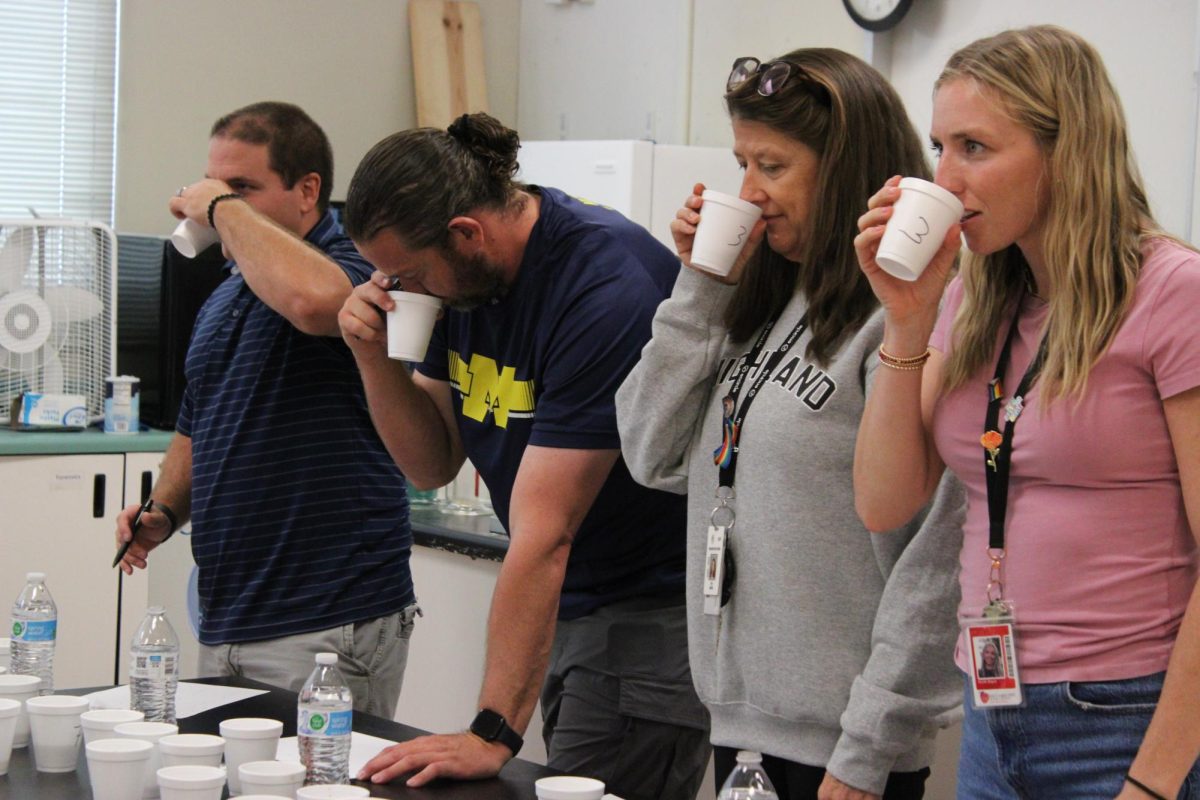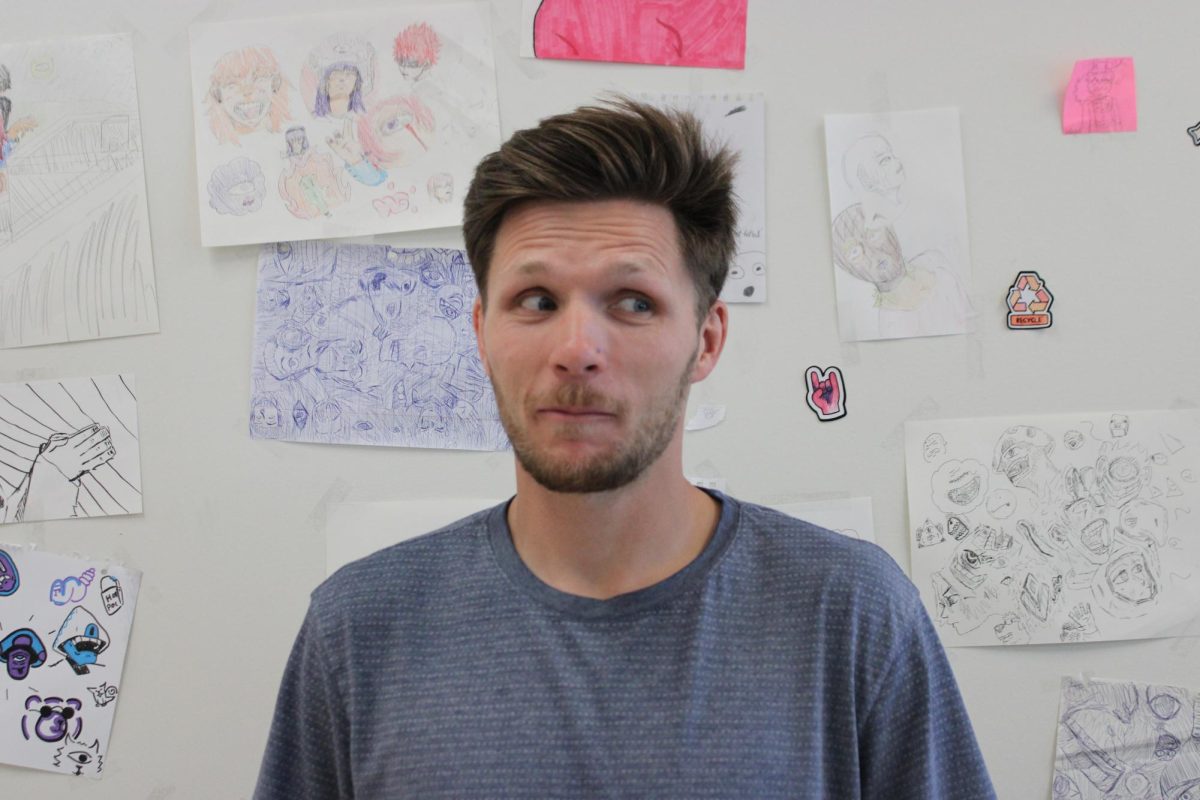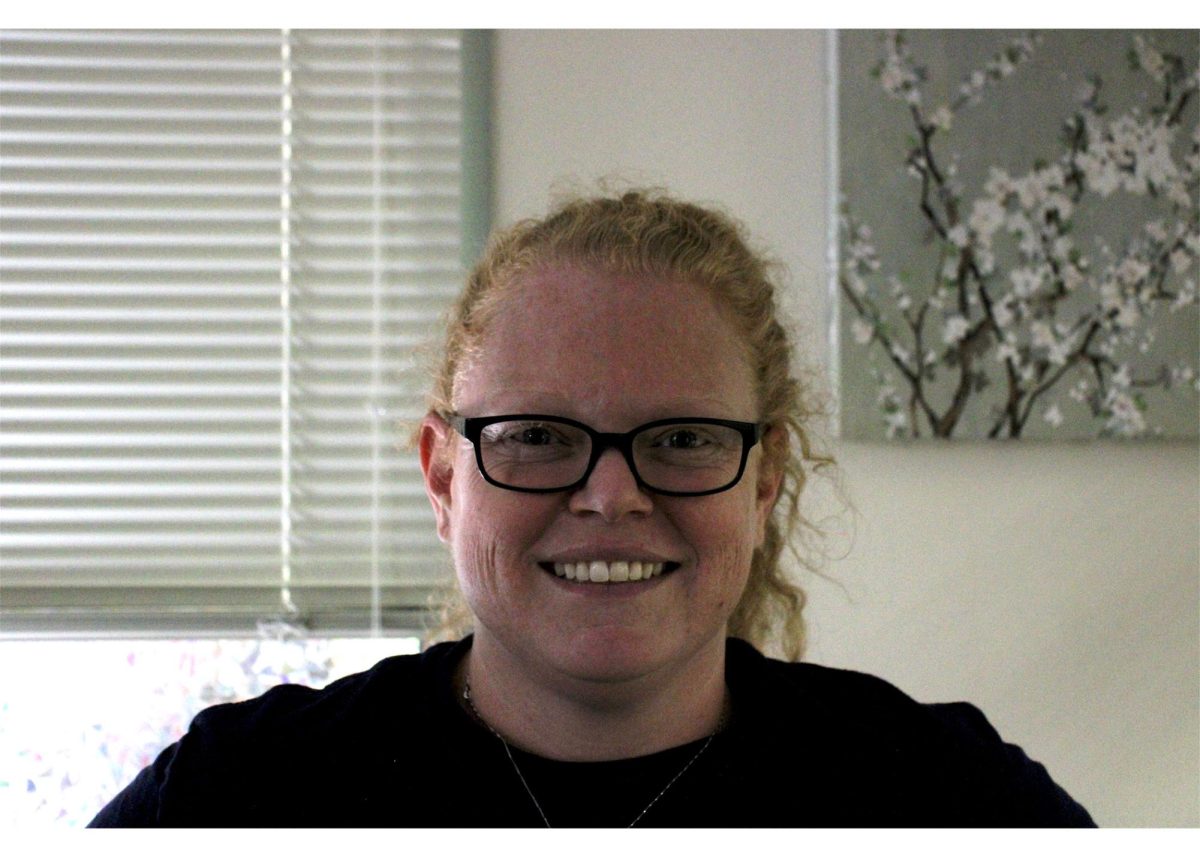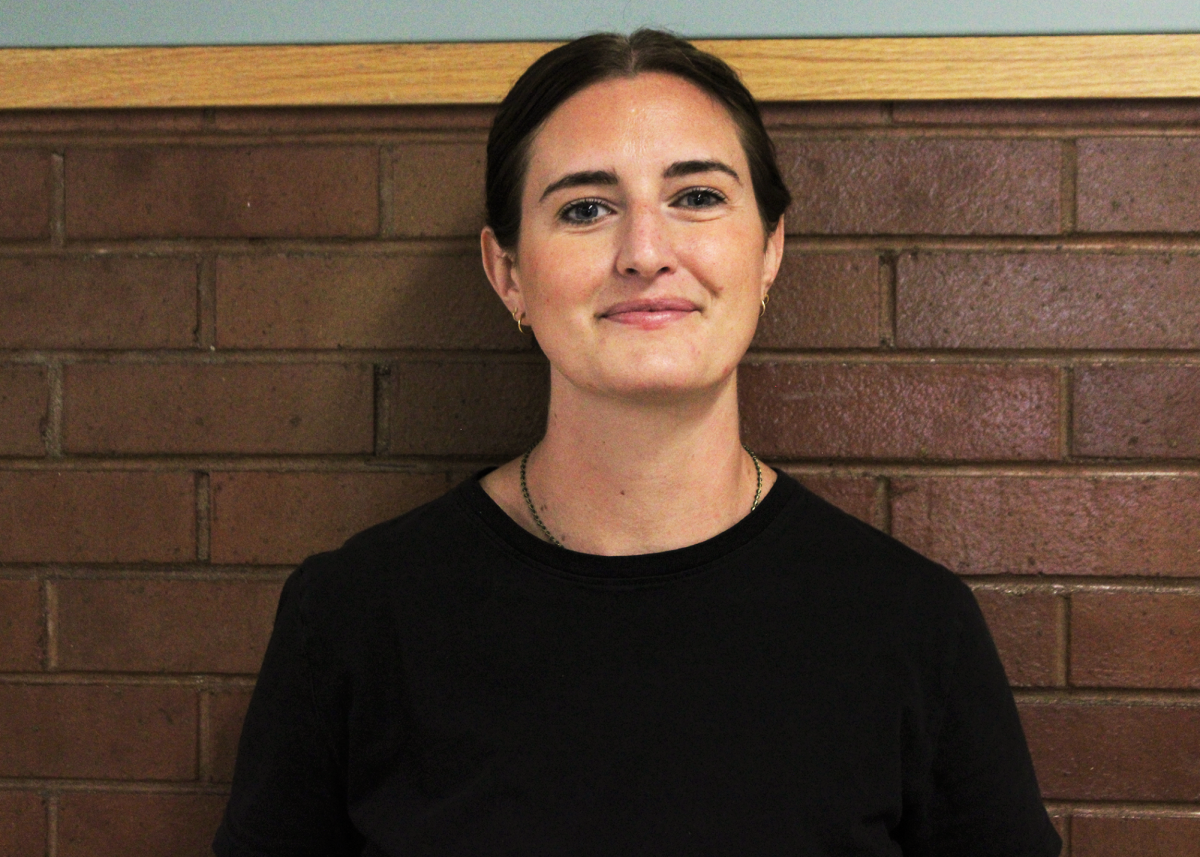Debate Nate Takes State

Photo courtesy of Bryce Johnston
Obbard and Griffiths practice for an upcoming debate tournament.
April 25, 2016
“CNSallegesthatCAIRmayhavehadpriorknowledgeofthe9/11attacksduetoanasyetunexplainedanamalousgapinvisitorsto…” — *deep breath* — “theorganizationscapitolhillheadquartersfortwoweekspriortoandimmediatelyafter…”
Policy debate: a sport which causes more hyperventilation and brain aneurysms than all other sports combined.
There’s something special about watching the state’s best and brightest talk at 300 wpm about the most pressing issues facing the world today. As a spectator, it’s nearly impossible to comprehend anything that is being said, but that only adds to the fun. As a debater, the fast pace is a huge part of the thrill.
Highland junior Nate Obbard is known in all of his classes for the incredible speed and eloquence with which he speaks — think John Green in a Crash Course video, only faster. This skill combined with a great passion for the sport has led Obbard and his debate partner Abe Griffiths to take the state title two years in a row.
“It was really cool to win state back to back because Highland is a lot smaller than the other competing programs,” Obbard said. “We also had decent national success, which is cool because we don’t get the financial support that other activities [at Highland] get.”
Obbard signed up for debate his freshman year because he wanted to improve his public speaking skills, and his talent quickly became apparent. By his sophomore year he was competing at the varsity level, and since then he has become very involved in the research behind the things that he debates.
Policy debate is single resolution, meaning that one topic is debated throughout the year. The topic for 2015-16 was “The US government should substantially curtain its domestic surveillance.” There are three types of debate at the high school level: policy, public forum, and Lincoln-Douglas. Policy is fact-based, and thus requires the debaters to speak very technically and very quickly so that they can support their points sufficiently. Teams are required to argue both for and against the topic, which makes it necessary for them to completely understand all sides of the argument if they want to succeed.
The strategy that Obbard and Griffiths have taken is to spin the topic in a way that genuinely interests them. This year they decided to focus on Islamophobia and how surveillance and profiling has changed since 9/11. One of the main reasons that the pair decided to choose this topic is because it is something that is very relevant in the world right now and also because they are both interested in it.
“[The topic] is different, which is important…most teams tend to research things based on war and nuclear violence,” Obbard said. “If you research what you’re most interested in and you are thrown into a debate and nuclear warfare comes up, that’s when you have to strategize. You get into the fundamental underlyings of different issues.”
Debate has played a profound role in shaping Obbard’s perspective of the world by exposing him to new ideas and forcing him to fully understand them. It has also made him more argumentative, analytical, and aware of the political processes in the United State.
“[Debate] has made me more liberal. There are so many arguments in debate…things about gender, race, sexuality, disability. It makes you realize how those things materially affect people in day to day life and how those people have to interact with the world around them,” Obbard said. “It gives you a broader perspective on how prejudice affects the world around you.”
Now that the season has wound down, Obbard will spend the rest of the year helping Highland’s debate coach Erica Vermaas lay the groundwork for future Highland debaters. Next year Griffiths is graduating, so Obbard will have to find a new partner, and he is unsure of who that will be at this point. Whoever it is will have big shoes to fill as Obbard and Griffiths have an incredible dynamic and play off of eachother’s strengths and weaknesses. Nevertheless, Obbard can certainly expect another successful year and many more after that if he decides to continue at the college level. And even if he doesn’t, the confidence and awareness that he developed through debate along with his innate intelligence and progressive attitude will carry him far in whatever direction he heads.




























